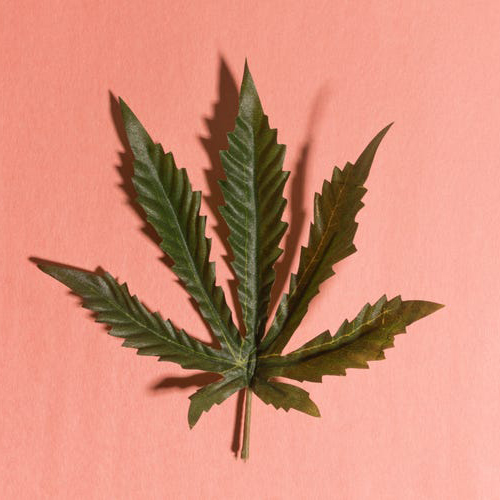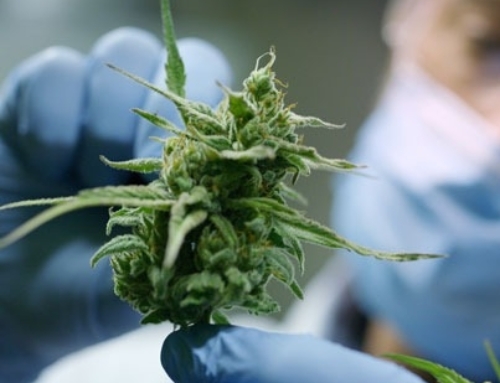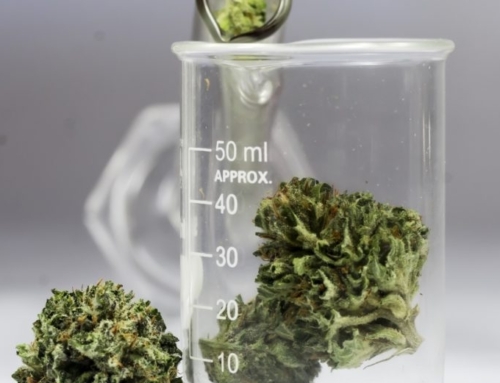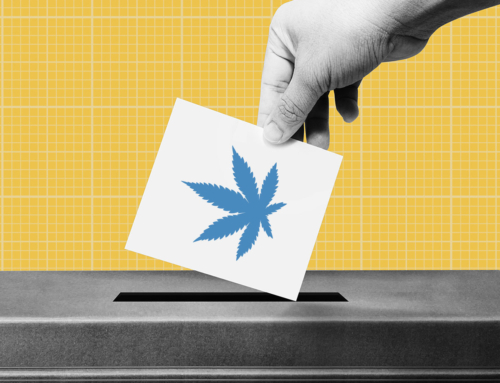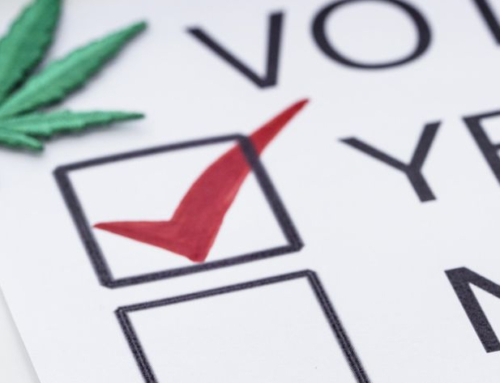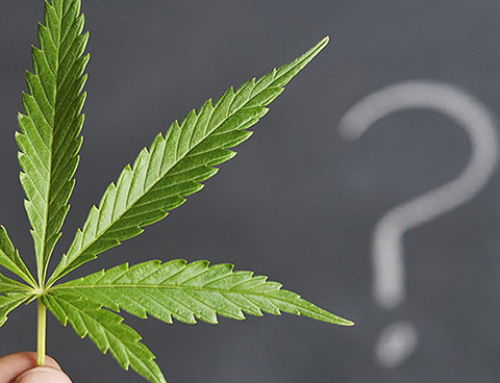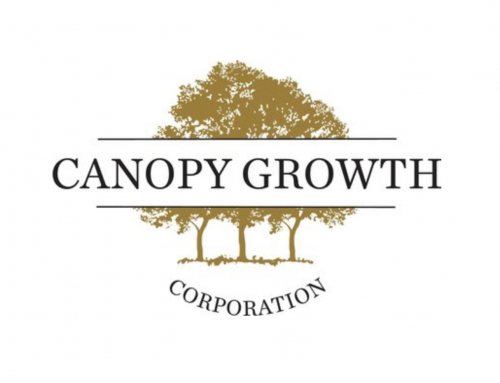The New Jersey Appellate Division this morning issued its Decision vacating the Department of Health’s final agency decision in the 2018 Medical Marijuana Request for Applications process and remanding for further proceedings to address the endemic scoring defects and related problems. The Decision is available here.
In its 75-page Decision, the Court extensively reviewed the scoring irregularities which rendered the DOH’s disqualification of Appellants arbitrary, capricious and unreasonable:
In short, all roads lead to the same point: numerous, indisputable anomalies in the scoring of the appellants’ applications prevent us from having sufficient confidence in the process adopted by the Department or its results for the approval of ATCs in this important industry that provides ‘beneficial use[s] for . . . treating or alleviating the pain or other symptoms associated with’ certain medical conditions. N.J.S.A. 24:6I-2(a). It is for this chief reason that we remand to the Department to undertake further steps to ameliorate these concerns.
The Court concluded that “the Department tolerated too great a degree of ‘relative error’ in its scoring, its decisions were arbitrary, capricious and unreasonable. This argument, with which we agree, is demonstrated by numerous examples that simply cannot be rationally explained on the record before us.”
The Court further unequivocally rejected the Department’s excuses for the scoring anomalies:
The Department has done little to justify these anomalies or explain why they should be disregarded. We would characterize the Department’s contentions as falling into two general assertions: (1) the divergent scores in some instances are the product of “each member appl[ying] his or her unique expertise to the scoring process,” and (2) all applicants were subject to the same process and, therefore, all buoyed or dragged down by the varying scores. The former is unconvincing because it runs counter to the fact that the Department provided each review committee member the same set of instructions that it presumably sought to have applied in the same way, as well as the rather obvious likelihood that the Department did not intend – nor should it have intended – to allow reviewers’ personal views to enter into the calculus. We are also unpersuaded by the Department’s false-equivalency argument. It is certainly true that the winning and losing applicants were subjected to the same review committee, and there may be evidence of similar inconsistent scoring of the winning applications, but that doesn’t mean that they were entirely treated the same way.
In dismissing these arguments, the Court succinctly explained: “There is no escaping the fact that some of these scores simply ‘don’t compute’ and that, no matter how the Department and the other respondents may attempt to slice it, the results are still unsettling.” The Court then ordered that: “The Department must address the numerous questions posed about its scoring procedures and explain the basis for its resolution of the remand proceedings before we can ever adequately review whatever final agency decisions come from those proceedings.”
In reaching its Decision, the Court also telegraphed its concerns regarding the pending 2019 Medical Marijuana Request for Applications:
We intervene in the administrative proceedings that have taken place so far to ensure the public’s confidence in both the results achieved at the agency level so far and to ensure that future similar proceedings will be likewise subjected to a measure of scrutiny at the agency level that will guarantee the process does not produce determinations that are arbitrary, capricious or unreasonable.
As to a remedy, the Court explained that it “will not dictate to the Department what it is that it should do following today’s remand, other than to hold that it must engage in some sort of additional process for receiving and considering the appellants’ contentions and must explain its determinations on those contentions.” As an administrative hearing likely only will reveal additional problems, and the Court repeatedly noted the option to award more licenses, there is hope on the horizon for expanding patient access in New Jersey to much-needed medicine in the near term.

